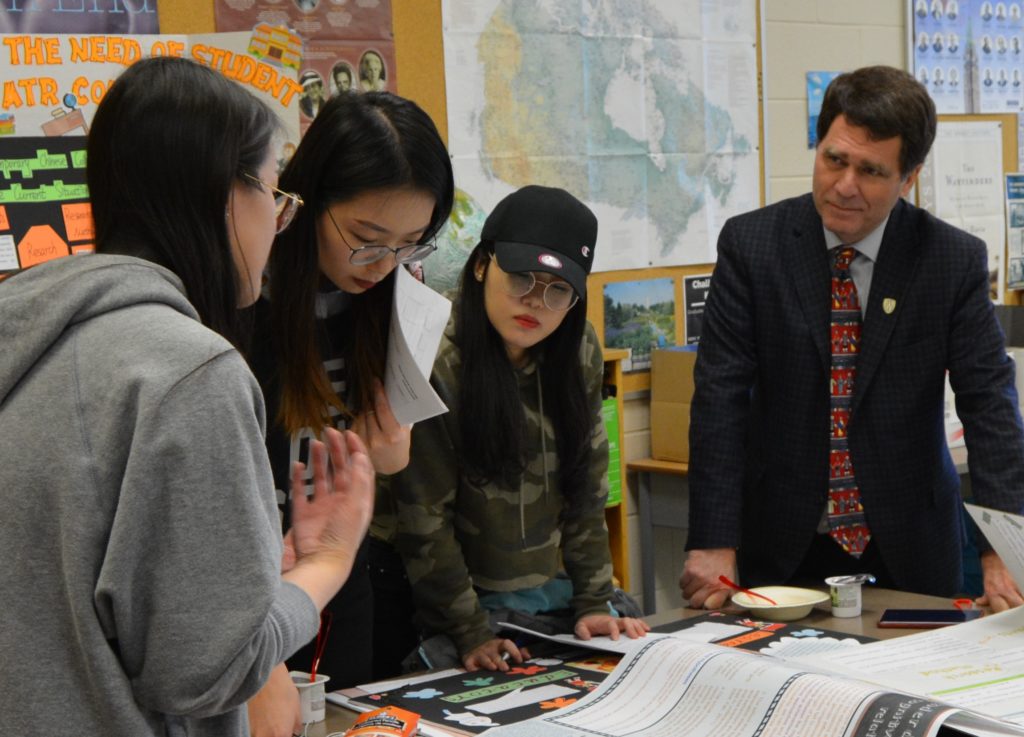Mentors and Messes
While attending the American Association of Collegiate Registrars and Admissions Officers’ (AACRAO) Technology and Transfer Conference in Las Vegas this week, I dropped into a roundtable discussion called “Mentors and Messes” that was a follow-up to an earlier session in which Helen Garrett (University of Washington), Shweta Kadam (University of Nevada Las Vegas), and Christine Paal (Boston University) shared the top ten leadership lessons learned by women in technology.
Women technology professionals, many of them technology leaders on their own college and university campuses, attended this session. Others were relatively new to the profession. Each had a story to tell and share with their colleagues from across the country.

After decades of work in higher education trying to bridge gender equity, I was amazed by what I heard.
How can it be that we have made such little progress on this critically important issue?
We talk a lot about gender equity. Sometimes it is about salary. Sometimes it is about opportunity to advance in our field of choice. What I do not understand, however, is how we can still be facing some of the same challenges that confronted higher education a generation or two before us.
The theme of the discussion was mentorship. That we should each look to each other and to men who support gender equity to find ways of getting a fair salary, to receive a meritorious promotion, and to ensure that women’s voices are heard at all levels of the academy.
While I am an advocate for mentorship anywhere and everywhere, I guess I am thinking that we need to do more.
While attending this session, I reflected on a frustration I feel every day as a professor. In my classes, I work hard to make sure that all of my students are encouraged and supported so that they can achieve their potential whatever that might be. This goes for students from other cultures, those with disabilities, Indigenous learners, and all the other types of students that grace my classroom. This includes women who are preparing to become tomorrow’s faculty members and educational leaders at all types of learning organizations. I remain perplexed that they will face a world where gender equity may limit what they can achieve throughout their careers.
I further reflected with this impressive group of women technology leaders that I was blessed by a wonderful female mentor when I first began my career in higher education. Mary Elisabeth Randall was our associate vice-president for enrollment services who served as my boss when I was director of admissions at a small public university in Maine, the University of Maine at Augusta. As it turns out, she was also the sitting president of AACRAO. Mary Elisabeth encouraged me to become involved in AACRAO and to pursue my doctorate in higher education, both of which I did and that laid the foundation for my career journey. I will always remember her strength of character and her belief in me. It led me to think often about what women can and should achieve in our educational world.
So I encouraged those in attendance at this session to consider mentoring not only women, but also men. The power and example of mentoring can and does make a big difference in all of our lives.
I will continue to think about what else I can do to further gender equity in all parts of my life.
Clayton Smith
Recent Comments